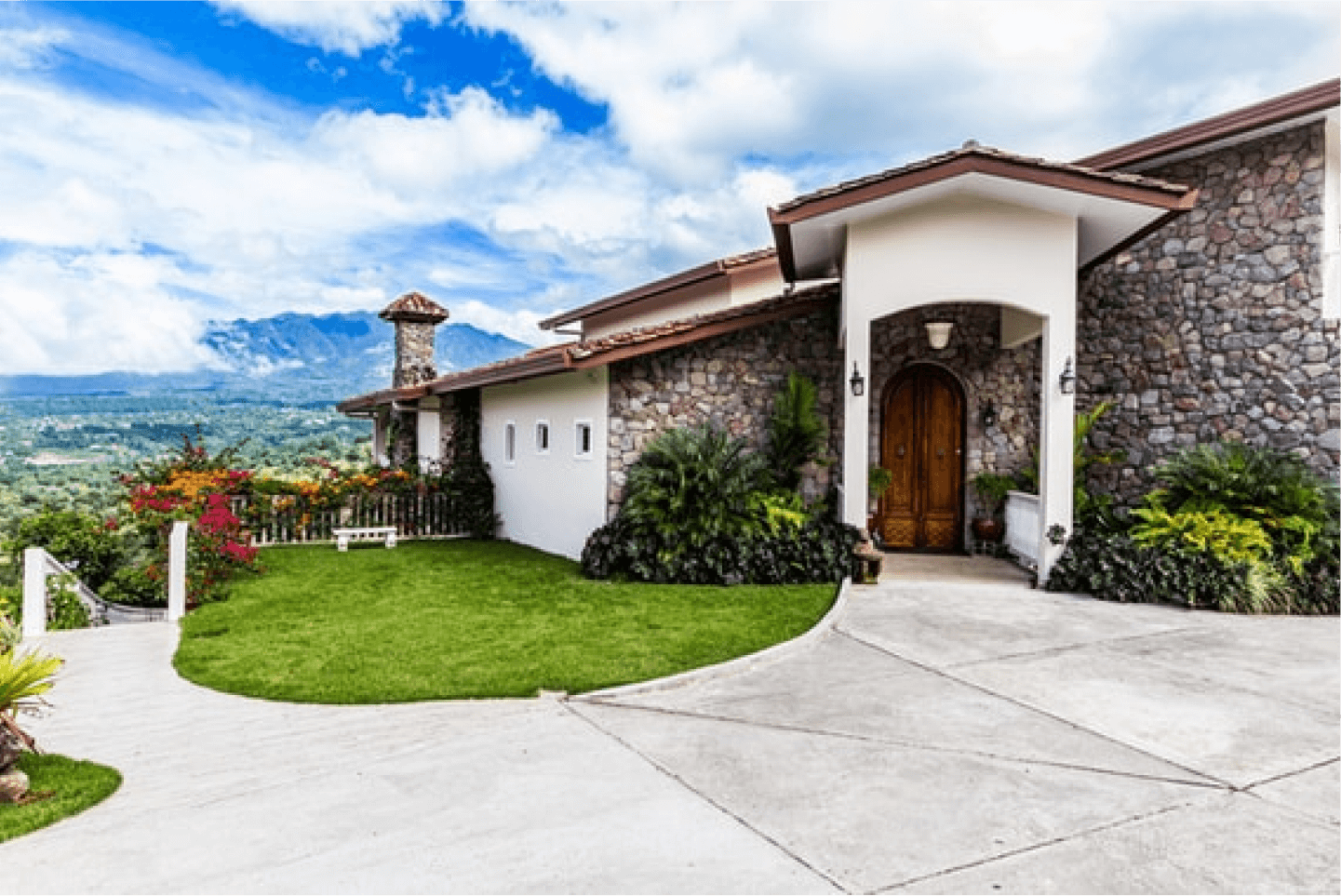
If you’re considering buying a home in Arizona with the idea of using it as a short-term rental, you’re in for an exciting journey! The state has become a popular destination for tourists and visitors, making short-term rentals a lucrative investment. However, navigating the rules and regulations surrounding short-term rentals can feel a bit overwhelming. Don’t worry though! We’re here to help you understand the important aspects of this process so you can make informed decisions and achieve your dreams.
Arizona has a vibrant short-term rental market, with cities like Phoenix, Scottsdale, and Tucson leading the way. As an aspiring homebuyer or investor, it's essential to know that each city may have its own set of rules governing short-term rentals. This means that before you set your sights on that charming property, you should research local regulations thoroughly.
First and foremost, let’s discuss what qualifies as a short-term rental. Generally, this term refers to properties rented out for less than 30 days at a time. This can include everything from single-family homes to condos or even a room in a house. The appeal of short-term rentals lies in their ability to generate income quickly compared to long-term leases, making them an attractive option for investors.
One of the first things you should investigate is whether the area you’re interested in permits short-term rentals at all. Many neighborhoods have restrictions in place to maintain the character of the community or to minimize disruptions caused by transient guests. Some areas may require a special permit, while others might have a total ban on short-term rentals. It’s crucial to check with local city or county regulations to avoid any surprises down the line.
In addition to understanding local laws, it's essential to recognize the role of homeowners’ associations (HOAs) if the property is part of one. Some HOAs have strict guidelines about renting out properties, including short-term rentals. They may impose limits on the frequency of rentals or require specific approval processes. Make sure to read the HOA rules carefully before proceeding with your purchase.
Once you have clarified the regulations, the next step is to consider the financial side of your investment. Investing in a property for short-term rental can be a profitable venture, but it’s vital to do your detailed calculations before diving in. Consider costs like mortgage payments, property taxes, maintenance, utilities, and supplies for your guests. You want to ensure that the rental income you generate can cover these expenses and ideally provide you with a profit.
Understanding the local rental market also plays a significant role in your success. Research properties similar to what you're considering. Look at how frequently they are rented, the average nightly rates, and the peak seasons for rentals. This information will help you set realistic expectations for your rental income and occupancy rates.
Another exciting aspect of short-term rentals is the potential for unique experiences. Tourists often seek out properties that offer a taste of local culture or unique amenities. By furnishing your rental with local artwork, providing guest guides with recommendations for nearby attractions, or even offering unique features like a hot tub or a fire pit, you can differentiate your property from others on the market. This can lead to better reviews and repeat customers, which are crucial for success in the short-term rental business.
Marketing your property effectively can make a significant difference in attracting guests. Utilize popular rental platforms like Airbnb or Vrbo, and invest time in crafting an appealing listing. High-quality photos, engaging descriptions, and transparent pricing will help your property stand out. Don’t forget to highlight your property’s proximity to local attractions, restaurants, and amenities, as these factors can influence potential renters’ choices.
Another consideration is the operational side of running a short-term rental. Depending on your availability and willingness to manage the property yourself, you might want to think about hiring a property management company. These professionals can handle everything from cleaning and maintenance to guest communication, allowing you to enjoy your investment without being tied down by the day-to-day responsibilities.
As a prospective buyer, it’s also important to understand your financing options. Short-term rental properties can be treated differently by lenders, and not all mortgage products are designed with these types of investments in mind. Working with a knowledgeable mortgage loan officer who understands the ins and outs of financing income-generating properties is essential. They can help you explore the best options for your situation, including conventional loans, portfolio loans, or even alternative financing routes.
Keep in mind that lender requirements may vary based on the intended use of the property. Some lenders may ask for a higher down payment for investment properties compared to primary residences. They might also require a detailed plan outlining how you plan to manage and market the short-term rental. Having a clear and professional approach can inspire confidence in your lender and improve your chances of securing financing.
Finally, always remain informed about any changes in legislation regarding short-term rentals. As this market grows, so does the need for regulatory oversight. Local governments may implement new laws or modify existing ones, which can impact how you operate your rental. Staying updated will help you adapt quickly and keep your investment compliant.
Embarking on the journey of purchasing a home as a short-term rental can be incredibly rewarding. With the right knowledge, preparation, and support, you can navigate the complexities of local regulations, marketing strategies, and financial considerations. If you're ready to explore your options or have specific questions about your situation, don’t hesitate to reach out. Our team of experienced mortgage loan officers is here to guide you on your path to success in the Arizona short-term rental market. Let’s start this exciting journey together!